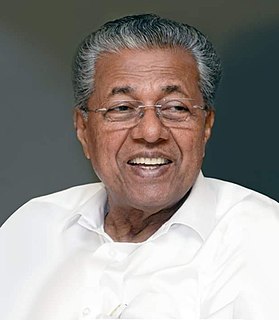A Quote by Clint Smith
The history of racial violence in our country is both omnipresent and unspoken. It is a smog that surrounds us that few will admit is there.
Quote Topics
Related Quotes
I also know that it's not about me, it's about all of you and it's about our country, I know that, I fully understand that. That's why I got involved. It's about all of us together as a country. It's a movement the likes of which we have never in history in this country seen before, never in history. Even the pundits, even the media - that truly dislikes Donald Trump for their own reasons - will admit this is a movement the likes of which people have never seen before.
Alexander the Great changed a few boundaries and killed a few men. Both he and Napoleon were forced into fame by circumstances outside of themselves and by currents of the time, but Margaret Sanger made currents and circumstances. When the history of our civilization is written, it will be a biological history and Margaret Sanger will be its heroine.
One of the unspoken themes that I'm grappling with in Day of Honey is the relationship between violence and cosmopolitanism. It's one thing to comprehend violence as an outgrowth of ignorance, poverty, and backwardness. It's another matter entirely to confront incredible atrocities in a country with a rich civic and intellectual life.






































